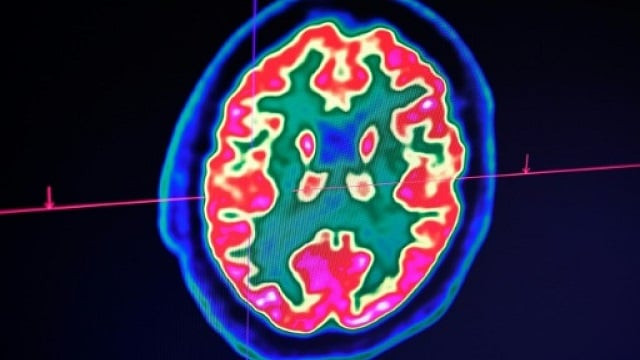Study finds childhood maltreatment leads to higher cognitive difficulties
Study links between court-documented childhood maltreatment and adult recall with cognitive abilities in individuals

Childhood maltreatment is associated with greater cognitive difficulties than previously thought .
New research from the Institute of Psychiatry, Psychology & Neuroscience (IoPPN) at King’s College London and the City University of New York suggests that previous studies have significantly underestimated the cognitive difficulties linked to childhood maltreatment, particularly neglect.
The findings, published in Lancet Psychiatry, indicate that the reliance on retrospective self-reports of maltreatment has led to a biased evidence base, overlooking the cognitive challenges faced by those with documented exposure to maltreatment.
The study tested the associations between court-documented childhood maltreatment and adult recall of such experiences with cognitive abilities in the same individuals. A total of 1,179 participants from an ongoing U.S. cohort were assessed for cognitive abilities in adulthood. The researchers found that those with official records of childhood maltreatment showed, on average, cognitive deficits across most tests compared to those without such records. However, participants who retrospectively self-reported maltreatment did not show similar deficits when compared to those without reports.
The study also found that cognitive deficits were not consistent across different types of maltreatment. Participants with documented experiences of neglect exhibited cognitive deficits, while those with documented experiences of physical and sexual abuse did not.
The news is adopted with a press release published at Eureka Alert.
Andrea Danese, Professor of Child & Adolescent Psychiatry at King’s IoPPN and co-author of the study, stated, “While there are some important exceptions, most research in this area has relied on retrospective reports of childhood maltreatment from adult participants. Our study has shown that this reliance on retrospective reports has likely resulted in researchers and clinicians underestimating the extent to which individuals with documented cases of maltreatment, and particularly neglect, are experiencing cognitive deficits.”
Danese emphasized the importance of identifying young people who have experienced neglect to provide appropriate support, especially in education and employment contexts. The researchers call for more investigation to understand why individuals with documented histories of neglect experience cognitive deficits, suggesting that factors such as lack of childhood stimulation, familial transmission of cognitive challenges, and related experiences like family poverty may play a role. Further research could offer valuable insights for developing effective interventions.
This research was supported by funding from the National Institute of Justice, the National Institute of Mental Health, the Eunice Kennedy Shriver National Institute of Child Health and Human Development, and the National Institute on Aging.


















COMMENTS
Comments are moderated and generally will be posted if they are on-topic and not abusive.
For more information, please see our Comments FAQ